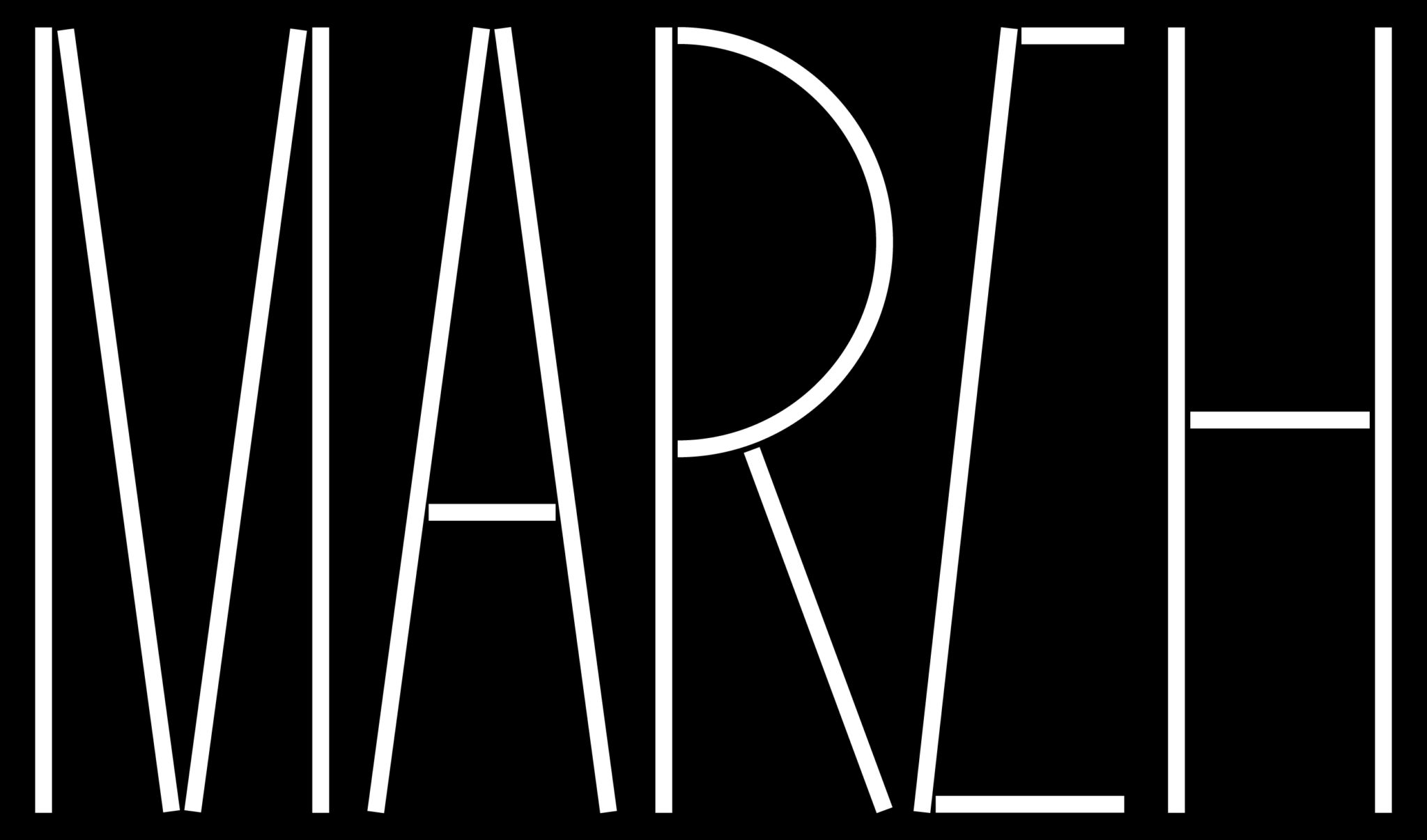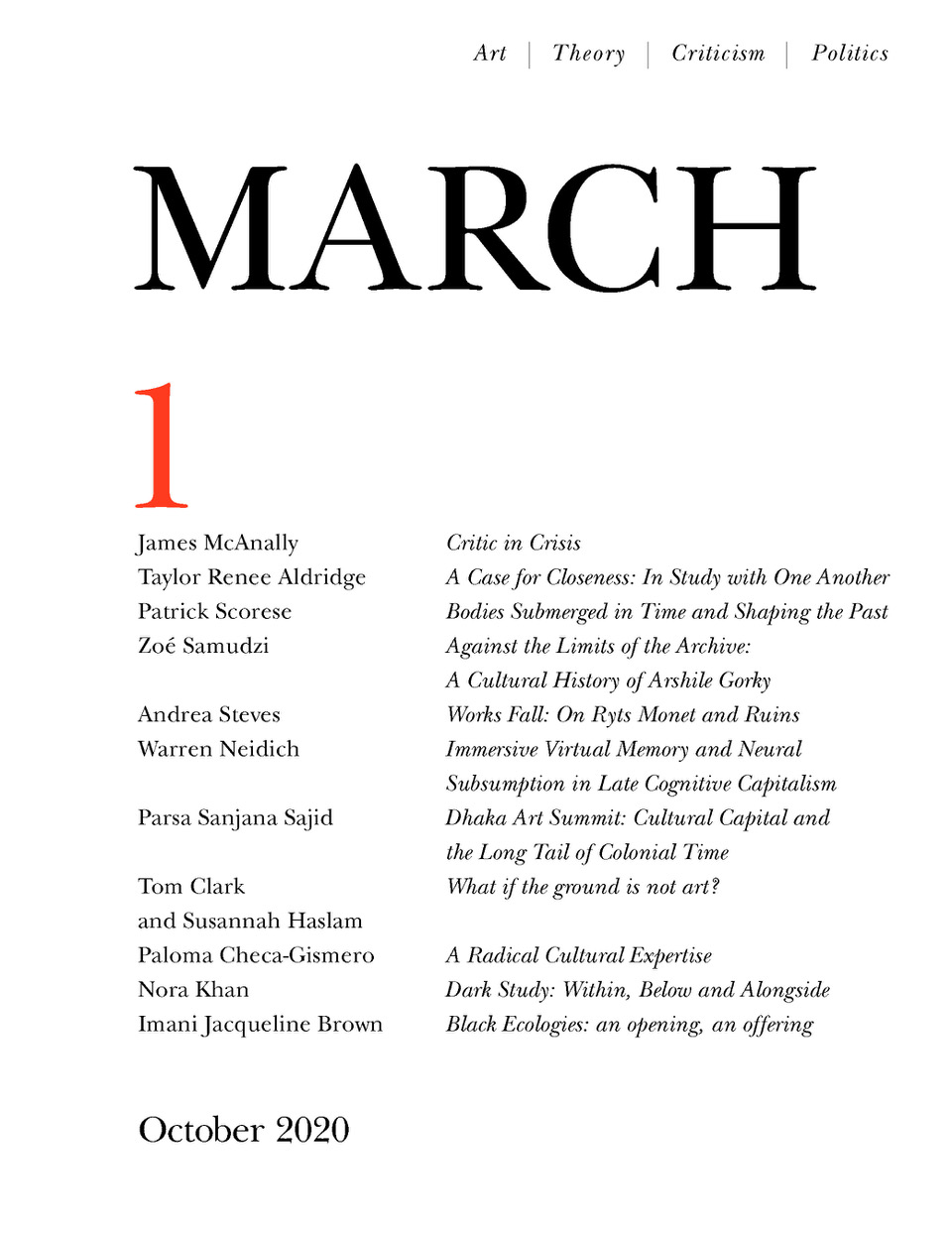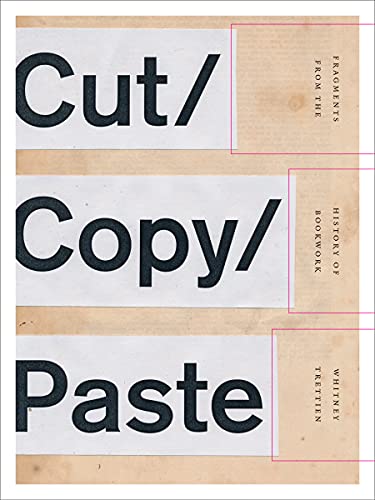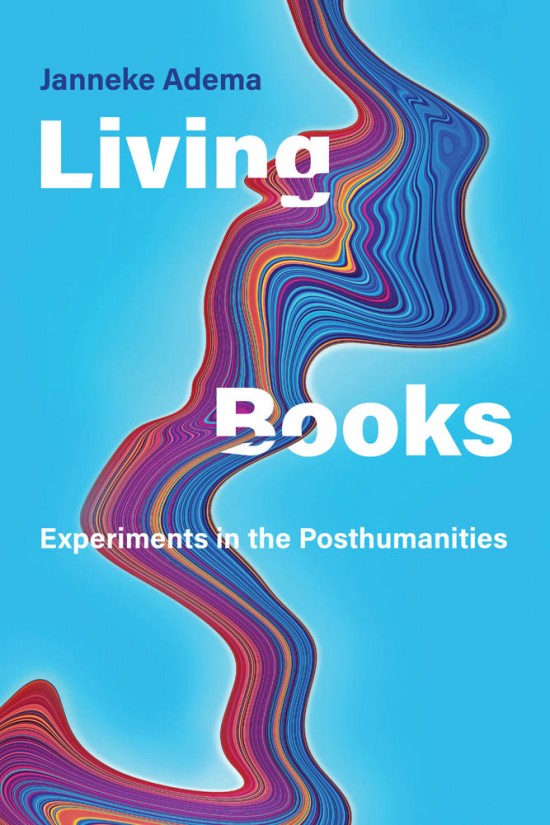MARCH, journal of art and strategy (2020–)
Filed under journal | Tags: · activism, art, black people, critique, politics, protest, publishing, sound


“MARCH embraces publishing as an act of protest to address the critical social and political issues of our time. MARCH emerges at a moment of deepening institutional crisis and is intent on advancing new forms of publication, critique, and public action. We are a partisan publication: we initiate, articulate, advance, and defend prefigurative ideas about what art is, could and should be. We believe in the latent potential critique carries to transform our art worlds, our institutions, our means of expression and experimentation, and ourselves. We are con-temporary, with and in our time—an archive of the present and proposition towards the future—where our ideas, actions and form embodies this insurrection.
MARCH features an annual print edition alongside an active online platform commissioning essays, interviews, and experimental critical writing with a global perspective. ”
Edited by Sarrita Hunn, James McAnally, et al.
Interview with editors: Mela Dávila Freire (A*Desk, 2021, EN/ES/CA).
Issues, features:
Dispatches (2020)
Issue 1 (2020-2021)
Issue 2: Black Ecologies (ed. Imani Jacqueline Brown, 2021-2022)
Publishing as Protocol (eds. with Constant and Vessel, 2021-2023)
Conversations on Sound and Power (ed. Sonic Insurgency Research Group, 2021-2022)
Multidirectional Memory (2022-)
Whitney Trettien: Cut/Copy/Paste: Fragments from the History of Bookwork (2021)
Filed under book | Tags: · book, copy, feminism, history, materiality, media, print, publishing, women

“In Cut/Copy/Paste, Whitney Trettien journeys to the fringes of the London print trade to uncover makerspaces and collaboratories where paper media were cut up and reassembled into radical, bespoke publications. Bringing these long-forgotten objects back to life through hand-curated digital resources, Trettien shows how early experimental book hacks speak to the contemporary conditions of digital scholarship and publishing. As a mixed-media artifact itself, Cut/Copy/Paste enacts for readers what Trettien argues: that digital forms have the potential to decenter patriarchal histories of print.
From the religious household of Little Gidding—whose biblical concordances and manuscripts exemplify protofeminist media innovation—to the queer poetic assemblages of Edward Benlowes and the fragment albums of former shoemaker John Bagford, Cut/Copy/Paste demonstrates history’s relevance to our understanding of current media. Tracing the lives and afterlives of amateur “bookwork,” Trettien creates a method for identifying and comprehending hybrid objects that resist familiar bibliographic and literary categories. In the process, she bears witness to the deep history of radical publishing with fragments and found materials.
With many of Cut/Copy/Paste’s digital resources left open for additions and revisions, this book reimagines our ideas of publication while fostering a spirit of generosity and inclusivity.”
Publisher University of Minnesota Press, Dec 2021
Creative Commons BY-NC-ND 4.0 International License
ISBN 9781517904098, 1517904099
328 pages
HTML (Manifold)
Comment (0)Janneke Adema: Living Books: Experiments in the Posthumanities (2021)
Filed under book | Tags: · archive, authorship, book, collaboration, community, copyright, hypertext, media, neoliberalism, open access, openness, print, publishing, scholarship, university, versioning, wiki

“Reimagining the scholarly book as living and collaborative—not as commodified and essentialized, but in all its dynamic materiality.
In this book, Janneke Adema proposes that we reimagine the scholarly book as a living and collaborative project—not as linear, bound, and fixed, but as fluid, remixed, and liquid, a space for experimentation. She presents a series of cutting-edge experiments in arts and humanities book publishing, showcasing the radical new forms that book-based scholarly work might take in the digital age. Adema’s proposed alternative futures for the scholarly book go beyond such print-based assumptions as fixity, stability, the single author, originality, and copyright, reaching instead for a dynamic and emergent materiality.
Adema suggests ways to unbind the book, describing experiments in scholarly book publishing with new forms of anonymous collaborative authorship, radical open access publishing, and processual, living, and remixed publications, among other practices. She doesn’t cast digital as the solution and print as the problem; the problem in scholarly publishing, she argues, is not print itself, but the way print has been commodified and essentialized. Adema explores alternative, more ethical models of authorship; constructs an alternative genealogy of openness; and examines opportunities for intervention in current cultures of knowledge production. Finally, asking why it is that we cut and bind our research together at all, she examines two book publishing projects that experiment with remix and reuse and try to rethink and reperform the book-apparatus by taking responsibility for the cuts they make.”
Publisher MIT Press, August 2021
Leonardo series
Creative Commons BY-NC 4.0 International License
ISBN 9780262046022, 0262046024
xiii+335 pages
Interview with author: Erzsébet Tóth-Czifra (Dariah Open, 2021).
Comment (0)
